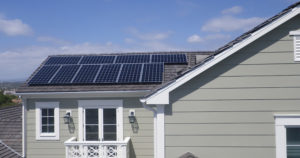Utility and Tax Incentives
Federal, state, and local governments understand the importance of sustainable energy and the high costs associated with traditional power sources. Utility companies can’t afford to maintain their infrastructure costs as homes use more and more power. That’s why, in most cases, utility and tax incentives can save customers well over 50% on the cost of energy.*
*Ask your representative about which incentive you’re eligible to receive. Please consult a tax advisor on your ability to claim these nonrefundable tax credits.

Washington DC Solar Incentives
Washington, DC residents can benefit from the DC Solar Solution Program, which provides solar panel installation with no upfront cost through a Power Purchase Agreement (PPA). Additionally, homeowners can earn income through the Solar Renewable Energy Credits (SRECs) program by selling credits generated from their solar system. A local tax credit also exists to exempt homeowners from paying increased property tax due to the added value from a solar system. The federal solar tax credit has been terminated for new residential installations after December 31, 2025. Washington, DC specific programs.
What is the DC Solar Solution Program?
This program installs grid-connected solar panels at no upfront cost to the homeowner. You pay a fixed rate for the electricity the panels produce, which is less than what you’d pay for grid electricity.
What Are Solar Renewable Energy Credits (SRECs)
Homeowners can earn money by selling these credits, which are generated for every 1,000 kilowatt-hours of electricity produced by their system. The SRECs in DC are highly valued due to the city’s clean energy goals, often generating thousands of dollars in annual income.
Does Solar In DC Provide a Property Tax Exemption?
Yes! The Solar Energy System and Cogeneration System Personal Property Tax Credit exempts homeowners from paying any additional property tax on the increased value of their home that results from the installation of a solar system.
Federal Investment Tax Credit – ENDED
The federal Residential Clean Energy Credit (formerly ITC) allowed homeowners to claim a tax credit for 30% of the cost of their solar installation. This credit was set to be available through 2032, but was terminated for residential use at the end of 2025 under a new bill.

Property Tax Exemption – 100% through 2024
Installing solar panels on your home increases its value by up to 20 times your annual energy bill savings. We don’t think you should be penalized for your sustainable decision, and many state legislators agree! Until the end of 2024, new solar installations will be subject to no additional property taxes based on their assessed value.
Increase Home Value
Having a residential solar energy system on your property is known as a capital improvement that adds to your property’s value. This means that you can potentially sell your home faster and for more than homes without solar. Your investment in efficient, clean solar power also adds to the tax basis of your home. If you sell the home, this tax-based investment can be deducted from the sale’s price, reducing the amount of the price that is counted as profit. This reduces the taxes taken from the sale and may be able to help you avoid capital gains taxes on the appreciation.


